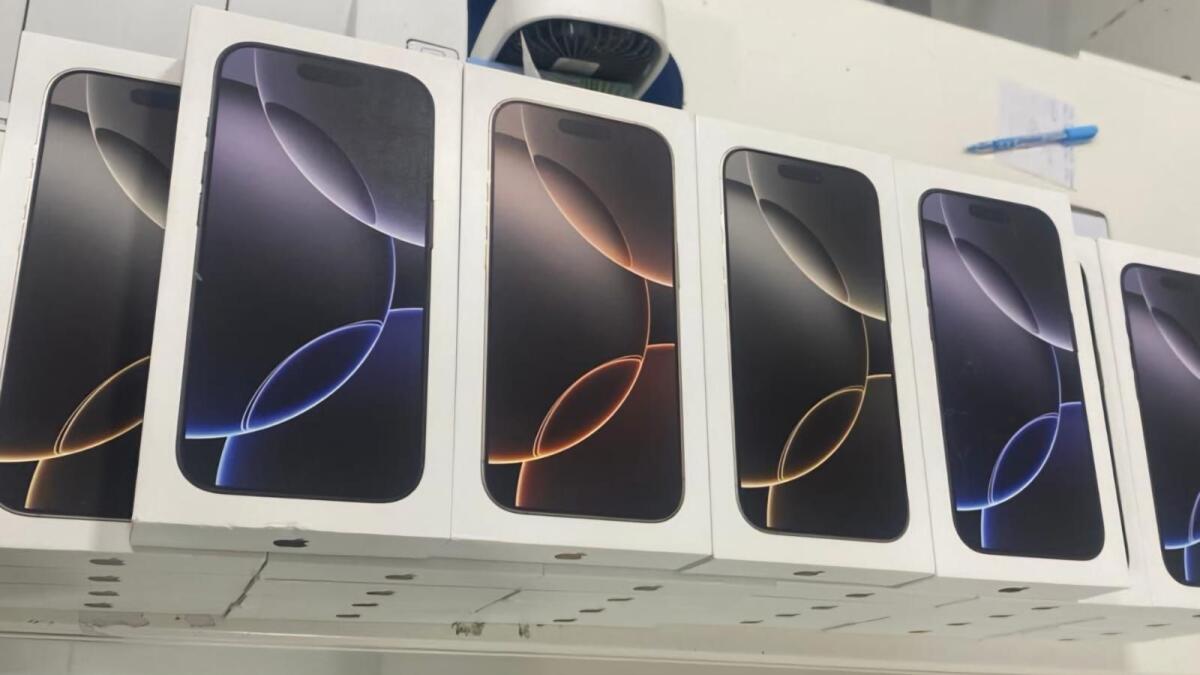The launch of the new iPhones in the UAE created excitement among resellers and buyers, offering a chance to make profits by reselling the latest Apple release. With the release of the iPhone 16, some resellers walked away with significant profits, while others suffered immense financial losses, with some losing up to Dh200,000.
Every year, the release of a new iPhone provides an opportunity for UAE residents to make quick money by reselling the devices at a premium. The latest launch of the iPhone 16 on September 20 saw buyers who pre-booked the device online flocking to Apple stores to pick up their phones. The first lucky recipients were able to sell their phones to resellers at a mark-up of Dh2,500 on launch day.
The resellers, aiming to capitalize on the opportunity, attempted to sell the phones at an even higher premium, expecting to secure an additional Dh3,000 profit per device. However, this year, many resellers faced challenges as the supply flooded the market, causing prices to drop significantly within days of the launch.
Some resellers, who purchased iPhones from residents who pre-booked the devices, expecting high demand, found themselves in a tough situation when the market became saturated with devices from other countries, leading to a decline in local demand. Resellers such as JA and MP faced losses amounting to nearly Dh200,000 due to oversupply and decreased demand in the market.
The oversupply of iPhones in the UAE market, flooding from countries such as Hong Kong, Singapore, the US, and Japan, resulted in prices dropping below retail price, eliminating the need to pay any premium. This influx of international stock led to an oversupply situation, making it challenging for local resellers to sell their devices at a profit.
Many resellers like MP based their investment decisions on past successes, expecting a similar trend of high demand and profit margins. However, with the unexpected flood of international stock in the market, resellers were unable to replicate past successes and faced significant losses this year. The oversupply of iPhones led to an unfavorable market condition, making it difficult for resellers to turn a profit.





















